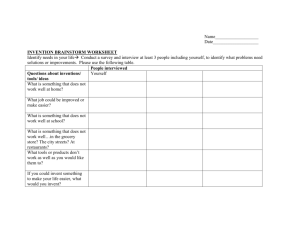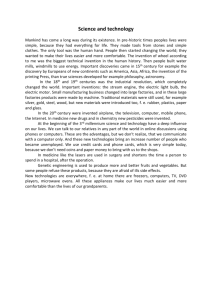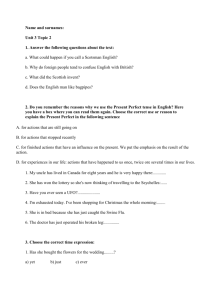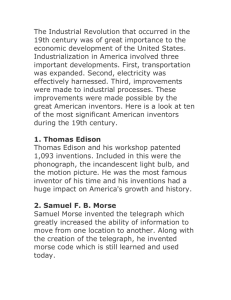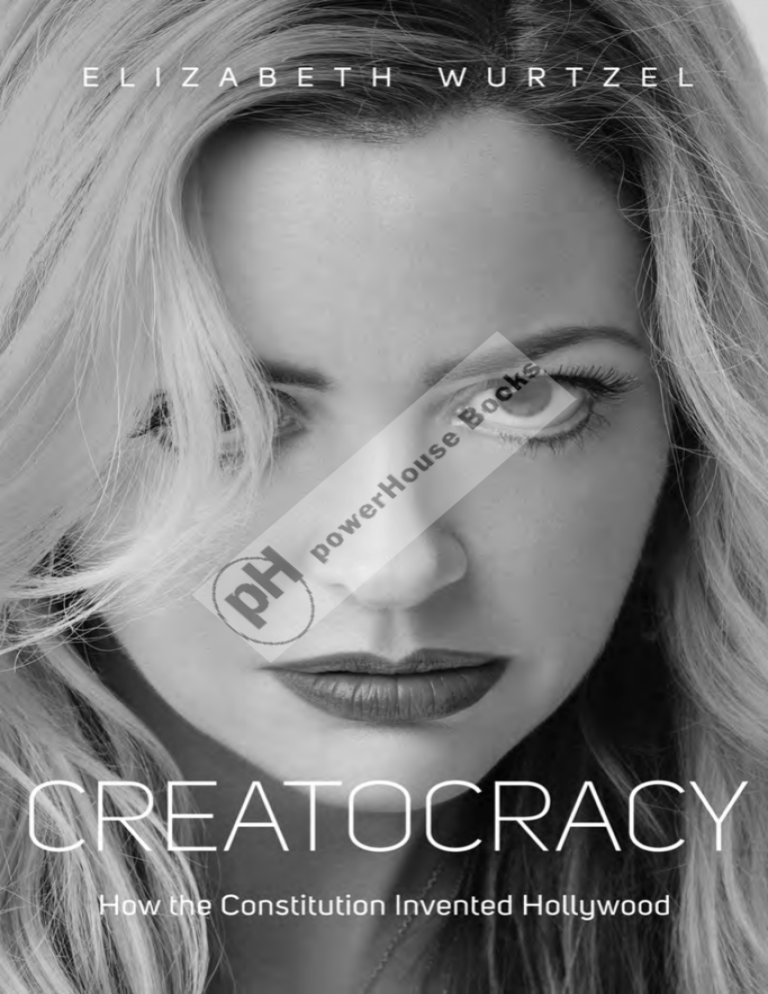
CREATOCRACY
C REATOCRACY
How the Constitution Invented Hollywood
Elizabeth Wurtzel
Thought Catalog Books
Brooklyn, NY
CREATOCRACY: How the Constitution Invented Hollywood.
Copyright © 2014 by Elizabeth Wurtzel. All rights reserved.
Published by Thought Catalog Books, a division of The
Thought & Expression Co., Williamsburg, Brooklyn. For
general information address hello@thoughtcatalog.com; for
submissions to Thought Catalog Books
manuscripts@thoughtcatalog.com.
First edition, 2015
ISBN 978-1-57687-770-8
10 9 8 7 6 5 4 3 2 1
Printed and bound in Canada
Founded in 2010, Thought Catalog is a website and imprint
dedicated to your ideas and stories. We publish fiction and
non-fiction from emerging and established writers across all
genres. Learn more at www.thoughtcatalog.com/about.
Cover photography by Jason Myers
for Chris Lavergne, who saw
“Progress is our most important product.”
—Ronald Reagan, for General Electric
“In the unlikely story that is America, there is
nothing false about hope.”
—Barack Obama
1
T
he American flag is the most exquisite and artistic of
all the banners of all the nations. One hangs over my
sofa, so I look at the Stars and Stripes quite a lot. The
asymmetry of its exotic design cannot be explained by the
fad for Greek Revival architecture that is another contemporaneous remnant of 1776. For some wacky reason,
Betsy Ross—the mythic seamstress, much like Dolley
Madison is the First Lady of ice cream—stuck the blue
patch of white stars in the corner, when by all rights it
ought to be in the center. Perhaps she simply ran out of
thread before she got to sew on some missing piece, perhaps this is a gorgeous mistake the way Post-its are a failed
attempt to produce paper squares that would stick permanently. Or perhaps this is more like the case of the Maccabees, their miracle of making one day’s supply of olive
oil last for eight: They got Hanukah, we got America.
Ever since it has been inadvertent brilliance, this
2
E LIZABETH W URTZEL
country has been one big huge accident, slouching toward
perfection.
Nowadays, of course, we’re so used to the off-kilter
geometry of the American flag that we don’t even notice
it, the way we don’t notice that American exceptionalism
is completely for real, for better and for worse. But in
1776, the normal thing to do was the normal thing to do.
To stick a square in one corner but not the others was
odd: In the eighteenth century, nothing was deliberately
uneven. Clearly, Mrs. Ross was either out of cloth or out
of her mind. More to the point, the Founding Fathers who
took on this odd mismatch or mishmash of clashing patterns of striped astronomy must have been very advanced:
They were the first modern artists. Ask Jasper Johns. The
Founders were far out, very far out, in the truest sense: the
denotation that is the connotation.
This country was always cool.
Everything we do here is cooler than everything they
do everywhere else, and so it will ever be. We will never
necessarily be more compassionate or more intelligent,
but we will be more grand and creative. Maybe the Chinese know math better because they count grains of rice
or something, but American sixteen-year-olds invent apps
on a dime—and America invented the sixteen-year-old.
We have sixteen-year-olds galore, more and more all the
time. We have stupid sixteen-year-olds inventing stupid
1
apps that everyone in China wants.
C REATOCRACY
3
And we so take our flag for granted that few of us
notice that it is a modern masterpiece.
“I am large, I contain multitudes,” wrote Walt Whitman in 1855, the first voice of America in “Song of
Myself,” which was really the song of all our selves.
The defining characteristic of America is our fanaticism: We dream big, we think large, we create grandeur.
We invented Hollywood, rock ’n’ roll, blue jeans, the Gold
Rush, cable TV with thousands of channels, a military
that is larger than those of the next ten combined, the
shopping mall, and a store that sells nothing but socks.
We invented Elvis Presley and teen idols, we invented the
phonograph and the movie camera, we invented Disneyland and the roller coaster, baseball and apple pie. We
invented the Internet—oh, yes we did—and the anonymous comment. We didn’t invent the wheel, but we did
come up with the Model T; we didn’t invent the wing,
but we did give the world the airplane and the miracle of
flight. We didn’t invent the computer, but we did invent
the PC and everything that everyone can do at home; we
didn’t invent the telephone, but we did invent the iPhone
and everything that everyone can do in the palm of his
hand. We invented Thomas Edison and Henry Ford and
1. Matt Richtel, “The Youngest Technorati,” The New York Times (March 8,
2014). http://www.nytimes.com/2014/03/09/technology/the-youngesttechnorati.html?_r=0
4
E LIZABETH W URTZEL
Steve Jobs: so there. We invented the world we live in: so
there.
And we came up with the notion that a single nation
can span a third of a continent and contain fifty different
states, each with its own character, none of which believes
it ought to be its own country. In Europe, even Czechoslovakia cannot bear to remain a single nation. Africa can
barely hold itself together as a continent. Mazel tov on
the Arab Spring. But it’s boring to list all the places hellbent on fragmentation. Here, somehow, we are one nation
under a groove. We have too much to do and we are
extremely busy. We invent things, we invent everything:
Since this nation came to be, almost every important
invention under creation happened here, because America
is the coolest invention of all.
This country is now undeniably, tragically, inexorably
in decline, but given all we have and all we have done, we
still have centuries to go. Consider this: Nowhere else but
here can you get half & half with your coffee. This is not
a great technological invention, but rather a simple mixture of cream and milk that makes even the unbearable
brown stuff that’s been burned from sitting in a rusty urn
too long okay to drink. And yet, great metropolises like
London and Paris and Tel Aviv and Shanghai might maybe
have full-fat milk somewhere or other in the kitchen if you
ask, which is not the same. If the rest of the world can’t
C REATOCRACY
5
come close on a basic dairy product, is there any point to
the rest of the world?
What would the world be without America?
It would be a dull and dinky planet, indeed.

